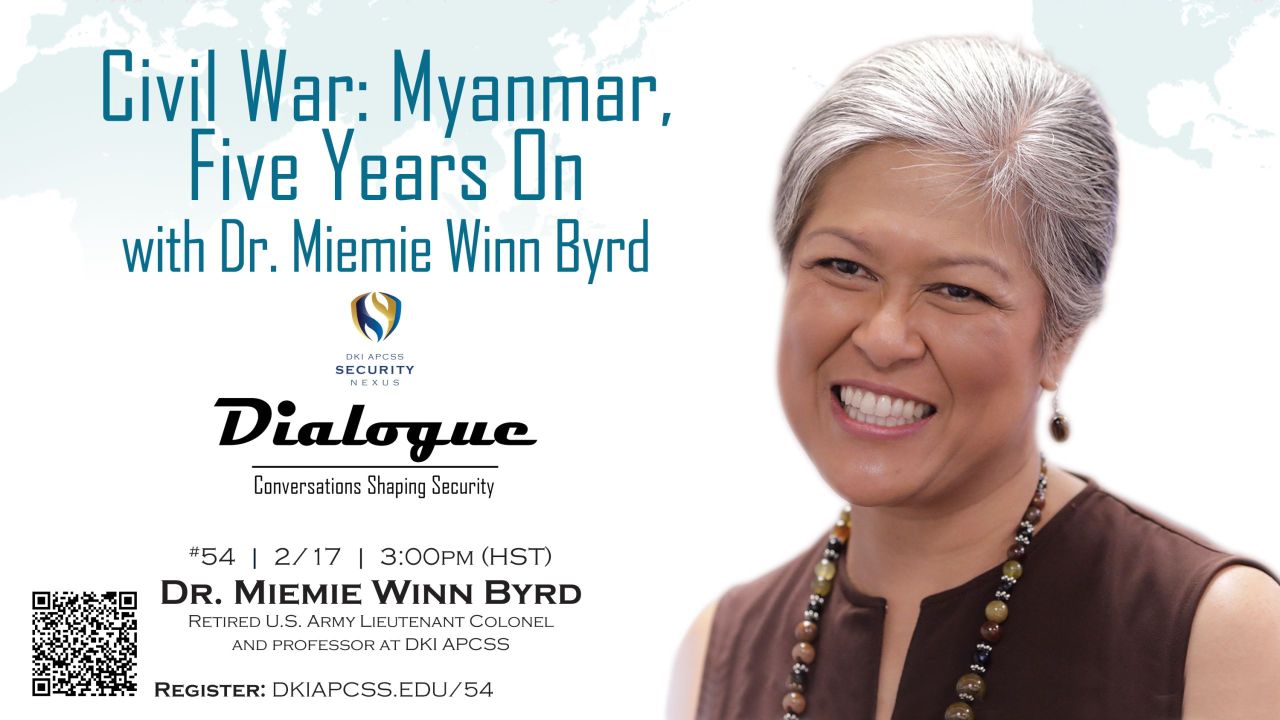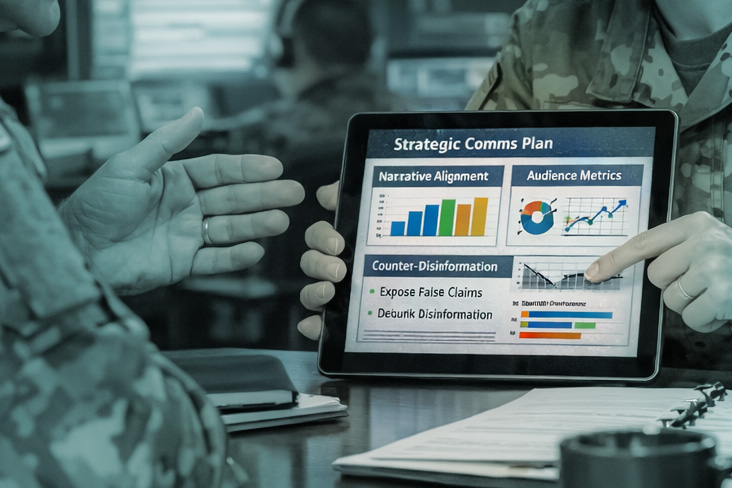By Dr. James M. Minnich
November 26, 2024
Dialogue Episode 32, “Seoul Between Moscow and Pyongyang,” where DKI APCSS professors Dr. James Minnich and Dr. Lami Kim analyzed its extensive implications. For the first time since the Korean War, North Korean soldiers are actively engaged in a large-scale international conflict, raising critical concerns about regional and global security.
Reports estimate that 12,000 North Korean soldiers have been deployed to Russia’s Kursk region, with additional contingents observed in Ukrainian territories such as Mariupol and Kharkiv. This is North Korea’s largest overseas military engagement to date, bolstering Russia’s efforts amidst severe recruitment challenges and escalating the conflict with repercussions that extend far beyond the European theater into the Indo-Pacific.
Combat Experience and Technological Risks
The deployment has both immediate military and long-term strategic consequences. Soldiers returning to North Korea from Ukraine are expected to bring firsthand experience in modern warfare, including exposure to advanced technologies like drones. Dr. Lami Kim noted that this combat experience could significantly enhance North Korea’s military planning and operational capabilities. Moreover, Pyongyang is reportedly leveraging this opportunity to test its own weapons in real combat scenarios, refining its arsenal for future use.
Even more troubling is the potential of North Korea to acquire sensitive Russian military technologies. Possible transfers include advanced missile reentry vehicle systems, nuclear-powered submarine technology, and high-resolution satellite imaging. These advancements would strengthen North Korea’s nuclear deterrence and undermine the strategic balance on the Korean Peninsula, posing complex challenges for South Korea and its U.S. ally.
Economic and Political Ramifications
The economic aspect of this deployment is equally significant. According to Dr. Kim, Russia’s reported payment of $2,000 per soldier per month could channel substantial funds into North Korea’s economy, bolstering its nuclear and missile programs. For a country with a GDP of some $30 billion, this financial infusion represents a meaningful increase in resources for military development.
Domestically, however, the risks for Kim Jong Un’s regime are substantial. Mounting troop casualties could spark discontent, undermining the regime’s propaganda narrative. The lack of internal acknowledgment of the deployment suggests apprehension about potential domestic backlash. Analysts have described this as one of Kim’s riskiest decisions, exposing his regime to unforeseen consequences with domestic and international repercussions.
Implications for South Korea
South Korea faces heightened security concerns as North Korea deepens its military collaboration with Russia. The prospect of advanced Russian military technologies being transferred to Pyongyang is a particularly critical threat. As Dr. Lami Kim highlights, such transfers—ranging from nuclear-powered submarines to missile reentry vehicle technologies—could drastically alter the regional security landscape, eroding South Korea’s conventional military superiority.
South Korea’s response requires a balance of caution and strategic decisiveness. While President Yoon Suk Yeol has suggested the possibility of supplying arms to Ukraine, domestic legal and public opinion constraints complicate such actions. A phased and measured approach that leverages international alliances, including NATO and the European Union, may provide South Korea with the tools necessary to counteract these emerging threats. Enhanced intelligence sharing and strengthened economic partnerships could further fortify its position.
Conclusion
North Korea’s troop deployment to Ukraine marks an unsettling chapter in international relations, with consequences reverberating far beyond Europe. Pyongyang’s growing combat experience, financial gains, and access to advanced technologies present multifaceted challenges to regional and global security. For South Korea and its allies, crafting an effective response will require not only strategic foresight but also close collaboration.
For those seeking a deeper understanding of these dynamics, Dr. Lami Kim recommends Katie Stallard’s Dancing on Bones: History and Power in China, Russia, and North Korea (Oxford University Press, 2022), an illuminating exploration of the intersection of history and power in these pivotal nations.









Leave A Comment